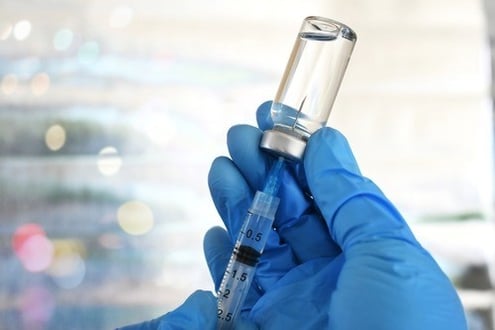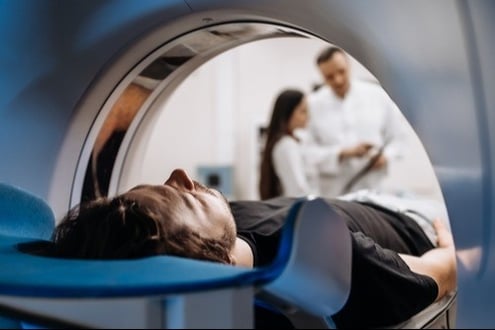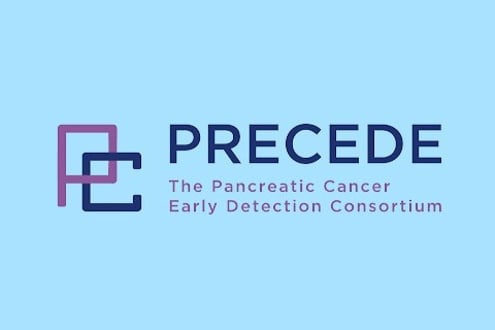CDKN2A Gene Mutation

Information about Inherited Mutations
What is ?
is a gene that helps control cell growth. People who are born with changes—called mutations—in their gene have an increased risk for certain types of cancer.
Which cancers are associated with a mutation?
People with an in have Familial Atypical Multiple Mole Melanoma (FAMMM) syndrome. This mutation increases the risk for pancreatic cancer and melanoma. A small number of mutations may also increase the risk for nerve sheath tumors, sarcomas and other cancers.
Does everyone with a mutation develop cancer?
Although the lifetime risk for cancer with a mutation is high, not everyone with a mutation develops cancer. Following the guidelines for screening and prevention increases the chances of preventing cancer or catching it at its earliest and most treatable .
What can people with a mutation do?
Experts have created guidelines which estimate cancer risks and outline recommendations for managing these risks in people with a mutation.
There may be family planning concerns and options for people with an inherited mutation.
If you test positive for a mutation, you should inform your close blood relatives (first-, second-, and third-degree relatives) about your test results and encourage them to speak with a genetics expert.
More detailed information for people with inherited mutations is highlighted below.
Get notified when updated information becomes available.
SIGN UP FOR CONTENT UPDATESInformation for People with an Inherited Mutation
Cancer Risks
Cancer risk estimates are updated based on the latest research. Read about the lifetime risk for different cancers in people with inherited CDKN2A mutations.
Risk Management Options
Read about the latest expert guidelines for cancer screening and prevention for people with a CDKN2A mutation. Learn about research studies enrolling high-risk patients.
Cancer Treatment Options
Tumor biomarker testing and genetic testing can provide additional clues about which treatments may work best for your cancer. People who test positive for a CDKN2A mutation may have additional treatment or clinical trial options available to them.
Other Considerations
Learn additional information about inherited CDKN2A mutations and options related to family planning.
More Resources
Participate in Research
The studies below are enrolling people with mutations. To search for more studies, visit our Search and Enroll Tool.
Vaccine for People at High Risk for Pancreatic Cancer
Clinicaltrials.gov identifier: NCT05013216
Screening Study for Pancreatic Cancer in People with Inherited Mutations
Clinicaltrials.gov identifier: NCT05058846
Pancreatic Cancer Early Detection for People at High Risk
Clinicaltrials.gov identifier: NCT04970056




